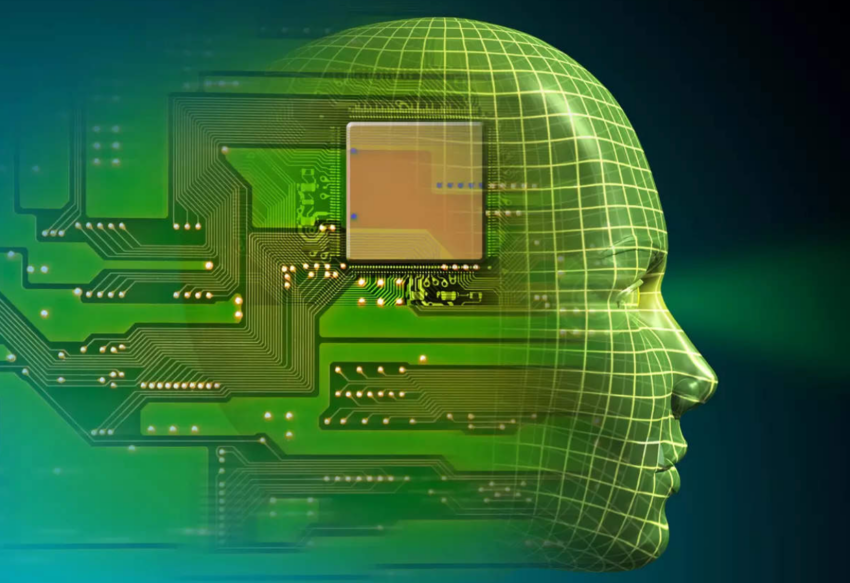AI advancements have raised many privacy concerns. AI systems learn and anticipate using enormous volumes of personal data, raising issues regarding data collecting, processing, and storage. Tech gurus’ predictions.
From Siri and Alexa to driverless vehicles and facial recognition systems, AI technology is growing. “AI technology raises privacy concerns, especially regarding personal data,” stated Mass Software Solutions Director, Marketing and Sales Bhaskar Ganguli.
Massive data is used to train AI algorithms and increase performance. Names, addresses, financial data, medical records, and social security numbers are examples of this data. Concerns about data use and access arise from its gathering and processing.
Data breaches will escalate as AI uses more personal data. Generative AI can spoof profiles and modify photos. It uses data too. Cybercrimes affect 80% of organizations worldwide, and we know that personal data in the wrong hands may be devastating. Data platform authentication is needed to protect our clients’ privacy. Infobip MD Harsha Solanki.

Harsha Solanki, MD, India, Bangladesh, Nepal, and Sri Lanka, Infobip, said, “We need to actively protect our customers’ data with authentication using data platforms.”
AI spying raises concerns. Law enforcement uses facial recognition to identify suspects and track them in public. Privacy and technology abuse are concerns.
AI must comply with GDPR when collecting, using, and processing personal data. AI algorithms should minimize and safeguard personal data collection and processing.
“AI technologies are improving, allowing them to collect and analyze large amounts of data about individuals, including their behaviors, preferences, and even thoughts and emotions. “This information can be used to predict individuals, target them with advertising or other marketing messages, or even decide their access to services or opportunities,” Vindal added.
AI can track people’s activities, social media activity, and facial expressions and biometric data by processing massive volumes of data.

AI systems may potentially reinforce prejudices. An AI system may learn and maintain preference biases from its training data. AI algorithms may be used to make recruiting decisions, which can have major effects.
To solve these issues, AI must be ethically developed and used. This includes transparently, securely, and individually controlling data collection and processing. It also requires designing and testing AI systems to discover and mitigate biases and monitoring and oversight.
To overcome these challenges, AI must be created and deployed ethically. This means collecting and using personal data ethically and transparently, with clear criteria for sharing and using it. “It also means incorporating safeguards to prevent AI technology misuse, such as developing mechanisms for individuals to control how their data is collected and used,” Vindal said.
To maximize AI’s potential benefits while reducing privacy and civil liberties dangers, ethical development and implementation are essential. He added policymakers, industry leaders, and civil society must unite to build AI regulations and practices that promote ethical use.

